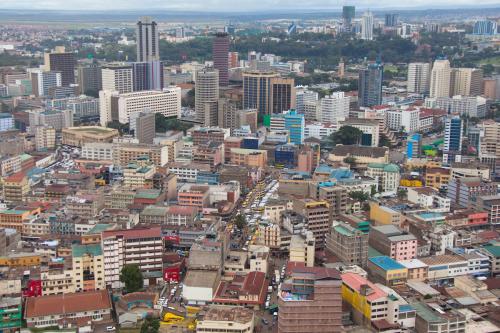

Past Event
1775 Massachusetts Avenue N.W.
Washington, DC
20036
For the latest on city and community leadership on the Sustainable Development Goals, see the SDG Leadership Cities Network and Toolkit.
On March 3 and 4, 2022, Brookings hosted the sixth meeting of the SDG Leadership Cities Network in Washington, D.C., building on previous meetings held in person in April 2019 in Bellagio and in November 2019 in Mexico City and virtually in June 2020, March 2021, and December 2021.
The gathering was conducted in a roundtable format, with topics explored in highly interactive sessions mixing plenary and breakout sessions. Sessions were held under Chatham House Rule to encourage candid discussion and problem-solving on limits, challenges, and obstacles.
Download the full agenda and more information on the convening.
The following summary is taken from key themes raised during the conversations as well as in pre- and post-convening surveys organized by Brookings. These issues illustrate what cities leading in the SDGs are addressing as they continue post-pandemic recovery and accelerate progress to 2030—and beyond.



Muhammad Mustapha Gambo
August 15, 2023

Anthony F. Pipa, Kait Pendrak
June 28, 2023
2023
Online only
9:30 am - 10:30 am EDT